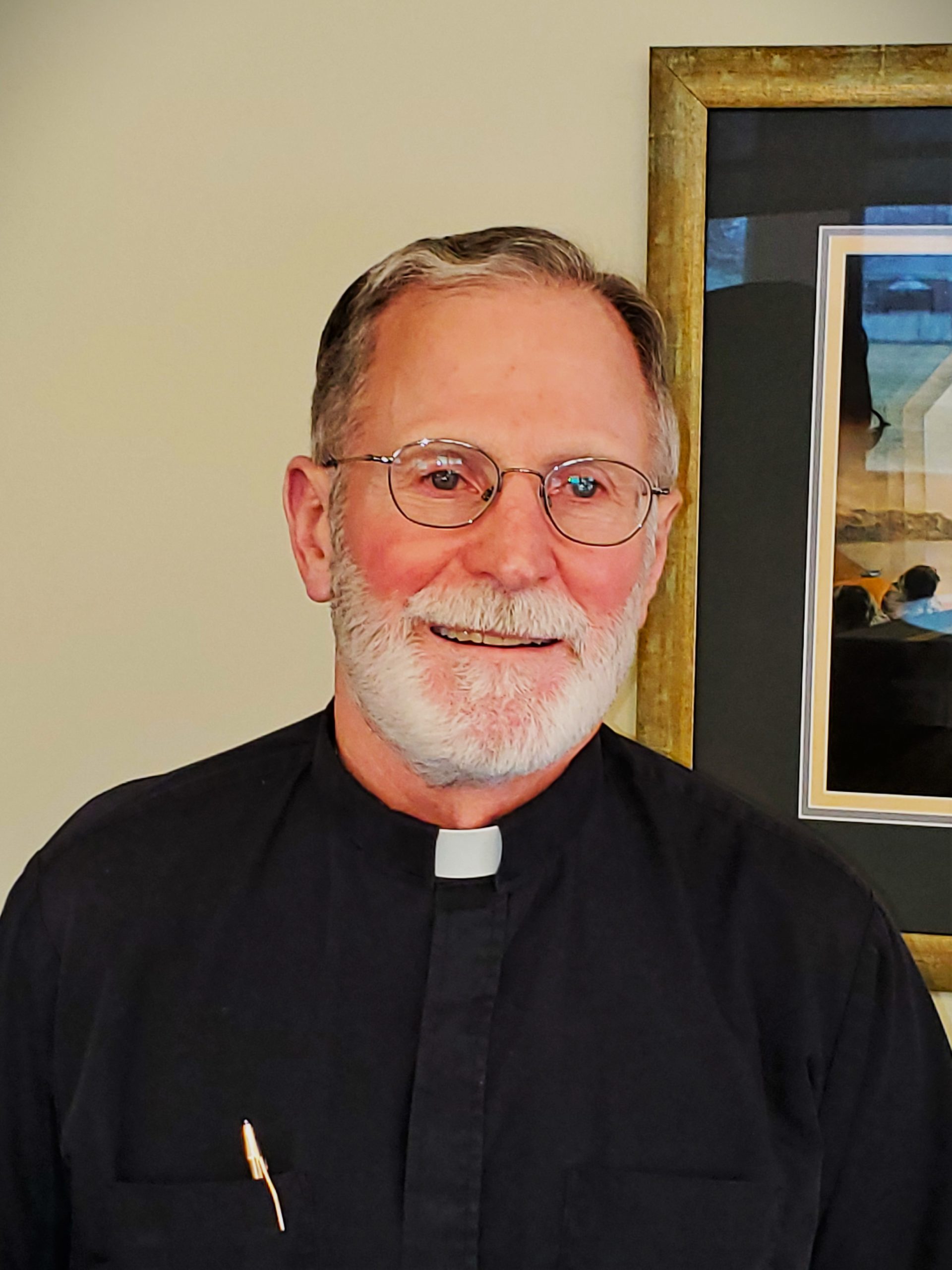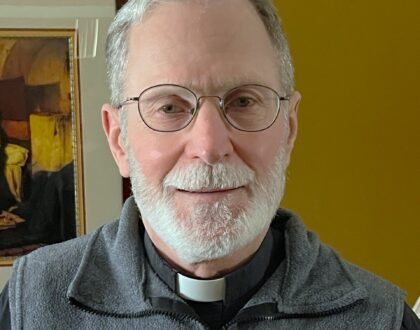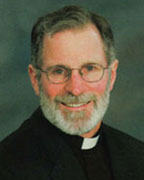Homily, December 4, 2022

From The Pastor
The movements and rhythms of the Christian life are grounded in the ongoing work of conversion. Conversion is an awakening of the mind, heart, body, soul, and spirit of a person committed to the way of Jesus. Conversion is an action of grace given to move and inspire a person toward a maturing realization of God’s presence or call. Conversion is not something we do on our own. Acts of religious devotion, spiritual discipline, and a commitment to prayer help us perceive the transforming grace only God can give.
The message and the work of John the Baptist are a foundation of the Advent season. John is the preparer par excellence in the coming of the long-awaited Messiah. To be human is to wait. We wait for things, and we wait in things. We wait in line, in traffic, in hope, in fear, even in love. We wait for freedom, for better times, resolution of problems, healing, forgiveness, and for the fulfillment of a promise. Waiting can be either active or passive. Advent waiting is active in the awareness and desire to meet the Lord when he comes.
The primary message of John is one of repentance. Different than the grace of conversion, repentance is effectively a call to wake up. It means to rethink and see in a new way; to change one’s mind from a former way of thinking to a new way of perceiving and understanding. Repentance precedes and anticipates conversion. Repentance turns the mind to a new openness to God.
Notice the people of John’s time were thirsty for change. Under the weight of oppression, poverty, and an opposing government, the people were longing for freedom, hope, liberation from the weight of sin, and new hope in God. We are familiar with these themes in biblical times. How might the message of John the Baptist be heard in our time? What forms of repentance might he call for in the hope of true conversion for those who seek the Lord Jesus? More personally, what are you waiting and hoping for in your life of faith? What desire do you have to grow in love for God and the Christian way modeled by Jesus?
Repentance sets the stage for conversion which has several faces. We tend to see conversion only in a moral frame of moving away from immorality to virtue. Conversion, as an action of God, is for the whole person who seeks to integrate the whole self in the ways of Christ.
Religious conversion is more than making the commitment to faithfully attend Mass or church services. As an act of grace given by God, religious or spiritual conversion is to fall in love with God. It is a grace that grasps the soul with longing and love for the things of God. In love, God becomes alive and real.
Moral conversion is more than keeping the Ten Commandments and ‘keeping your nose clean.’ Moral conversion is the awakening that life is not just about me. It moves from selfishness to relationship with a mature desire for the good of others. It moves toward becoming an authentic person where the inner self and the public self are consistent in words and actions. The inside and outside match.
Intellectual conversion is not to become smarter or more competent than others. Conversion of the mind reflects the work of repentance in the willing ability to see reality and truth in new or fuller ways. It is to put on the mind of Christ. Affective conversion is the grace to integrate moods, attitudes, and emotional behaviors that embrace love, compassion, healing, and the capacity to respect oneself and others.
Social conversion is the ability to see and feel compassion toward those who suffer oppression or injustice. It leads to the action of serving the works of love, peace, and mutual dignity for all. Social conversion no longer allows a blind eye to turn away in the evidence of human suffering. Empathy becomes action.
These may seem a long way from the message of John the Baptist. They are not. Each of these expressions are contained and implied in John’s call for repentance. Why? Because they reflect the person and the mission of the coming of Jesus. Are these not the things we are looking and longing for? Are they not the ground of our hope in the promises of Christ? Recall in the Mass for Our Lord Jesus Christ, King of the Universe, we prayed for a ‘kingdom of truth and life, a kingdom of holiness and grace, a kingdom of justice, love, and peace.’
The work to bring about this Kingdom will be done by men and women of faith just like us. The grace of God will convert our minds and hearts to the love of Jesus and his promise to the world. This is the call, preparation, and fruit of the Advent season. This is not our work alone. It cannot be done without the grace of God given in the Risen Lord Jesus now present in the Holy Spirit.
What to do? Desire conversion. Be willing to rethink and see again the way of God in Jesus. How is this reflected in your life? Ask for an increase of the Holy Spirit. Speak your desires to the Lord and be ready for a response. With John the Baptist, Mary, and Jesus himself, we become agents in the coming of Kingdom coming. With joyful hope, add your yes to the effort.
Father John Esper
Recent Sermons

Homily, March 30, 2025
March 27, 2025

Homily, March 23, 2025
March 20, 2025

Homily, March 16, 2025
March 11, 2025

